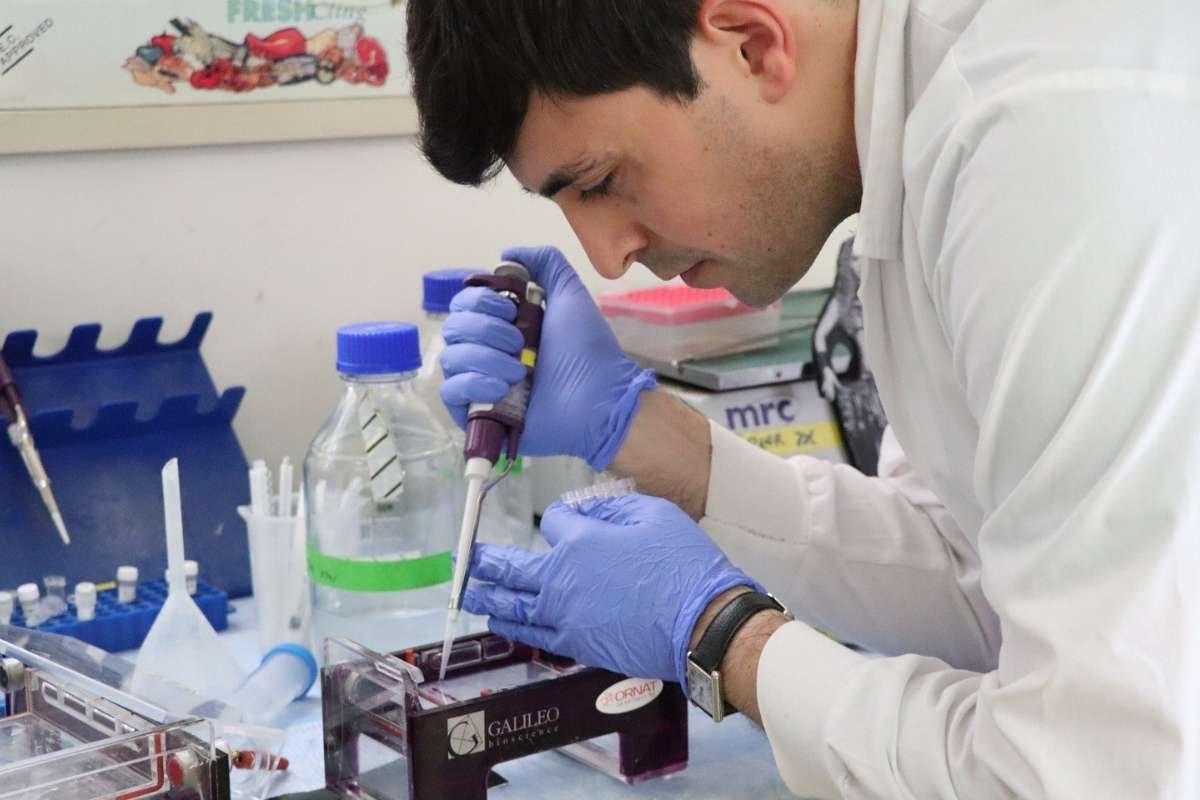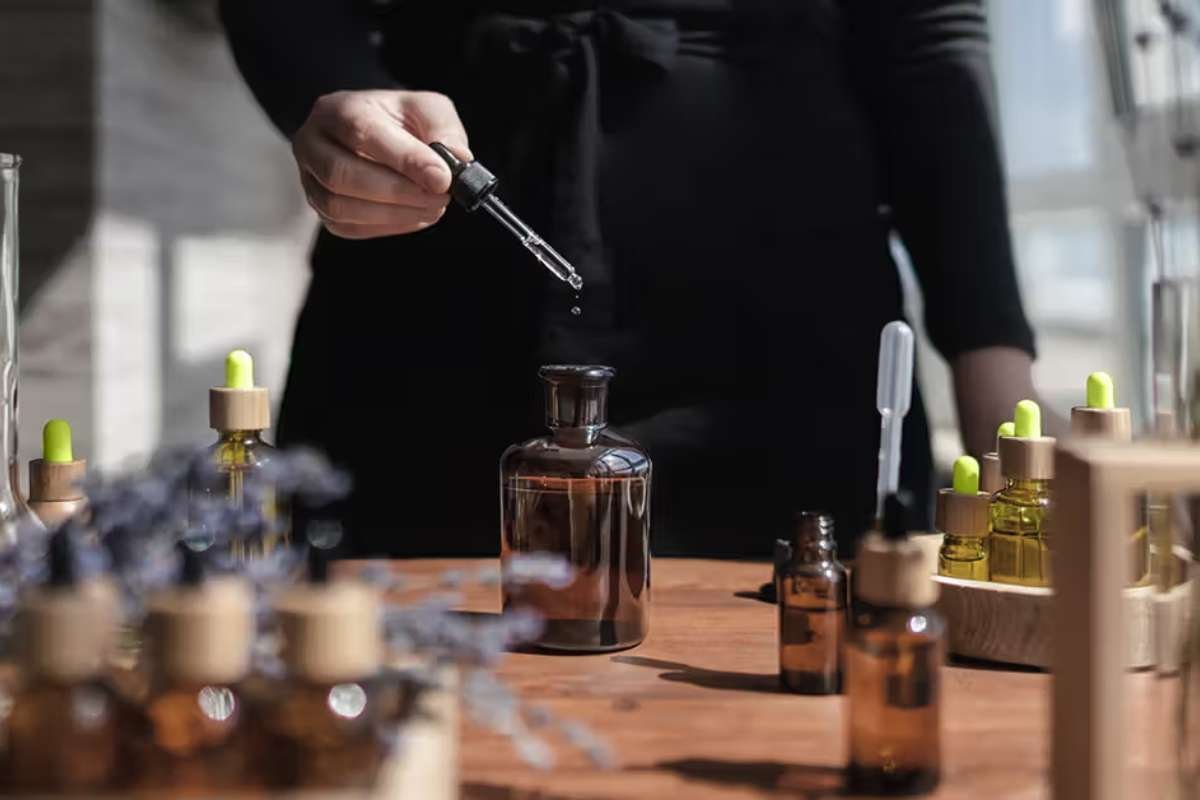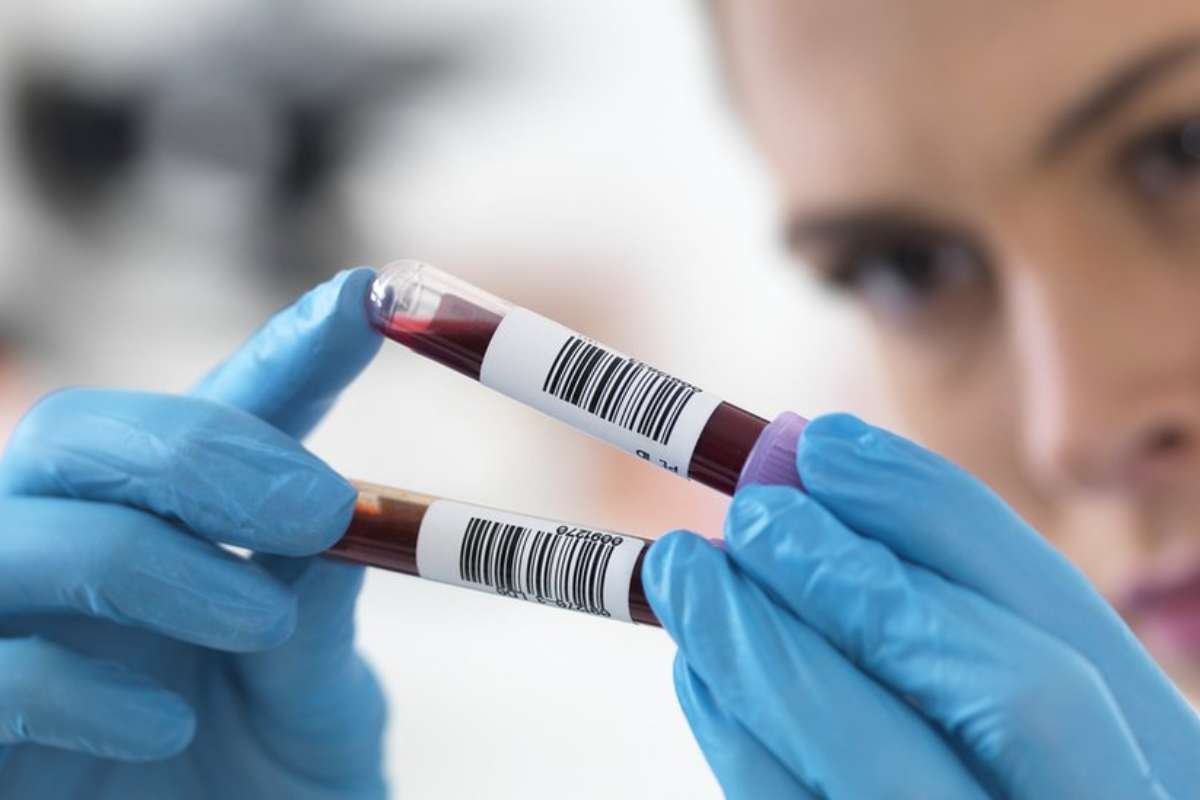So you’re searching for a new life sciences career. So there are some things you should know for an interview at a lifesciences company. So far, you’ve done everything correctly: You’ve created an excellent CV and personalized it to each job application, including all of the important terms life science hiring managers and recruiters are searching for. You’ve honed your LinkedIn profile to perfection, displaying your experience and talents in a manner that attracts attention for all the right reasons.
And now the Interview at a Lifesciences Company (or interviews!) is upon you, and you must show that you are the best candidate for the position. The key here is preparation; here are a few questions we believe you should be prepared to answer during your interview.
Here are 7 Things You Need to Know for an Interview at a Lifesciences Company;
1. Why do you seek this position?
This is the basic question for an interview at a Lifesciences Company or any other company. Your purpose for applying reveals a lot about the kind of person you are. It is never a good idea to talk critically about your present company or even your current work. Instead, communicate your desire for increased challenges, more responsibility, and the potential for personal development.
Recognizing your interest in emerging sections of the business (e.g., biopharmaceuticals, medical devices) is normal, depending on the position. And, of course,’ more money as a stand-alone justification is a no-no. Regard that many applicants in the Life Sciences industry consider compensation to be secondary to the trials and projects they may be exposed to.
2. What do you know about our company?

You must conduct your research on this. Knowing the company’s history of mergers and acquisitions, turnover, and initiatives in the works is critical for a successful interview. Internet research is a good place to start, but you should also consult your network of connections so you know who you’re talking to. Check out the business brochure – if it’s not on the internet, call and ask for it – a tiny activity like this might produce great returns. Wiki, as well as top paperbacks like New Scientist, may be immensely helpful in learning more.
3. What are your qualifications?
This inquiry is typically code for ‘how will hiring you boost our bottom line?’. Knowing how the company operates, in general, is a solid starting point and can help you create a case for your objective value. Specific instances of milestones completed in your present and prior employment can be beneficial and don’t forget to highlight your soft talents (e.g. communication and management abilities).
4. Do you have previous experience dealing with X situations?
The golden guideline here (and throughout the Interview at a Lifesciences Company) is to avoid uttering the word ‘no’. If you lack relevant experience, state that getting experience in this field is one of your goals. Mention any previous experiences that may be relevant or useful in dealing with the circumstance at hand. Because the Life Sciences field is highly incestuous and transparent, honesty is essential.
5. Are you familiar with the appropriate legislation and regulatory standards?

This is particularly vital if you’re seeking jobs in regulatory affairs, quality assurance, or medication safety. You must ensure that you can express them without reluctance. Even applicants who are not in the regulatory or safety fields should have a solid awareness of the nature, function, and scope of pharmaceutical governance and its connected organizations (e.g. the responsibilities and workings of the EMA – European Medicines Agency).
6. In what sort of work culture do you see yourself succeeding?
The key to answering a question like this is to understand the various work cultures on offer. If you’re interviewing for a start-up, for example, you should be more at ease in a ‘riskier’ setting than if you’re applying to a pharmaceutical corporation. Similarly, if you’re looking for a job in a Contract Research Organization (CRO), you should be prepared to work long hours and be flexible.
7. Do you feel that diversity is vital for a company’s success?

Diversity attracts fresh ideas and serves as a catalyst for innovation. The corporate world is no exception. The more an organization is open to multiple viewpoints, the more innovative and resilient it becomes. Diversity not only increases performance but also provides positive friction, which promotes deliberation and disrupts conformity. However, embracing diversity is more difficult than just saying so. An organization may suffer from friction, unease, and disputes if not implemented correctly.
These are the 7 basic things you need to know for an interview at a lifesciences company.









